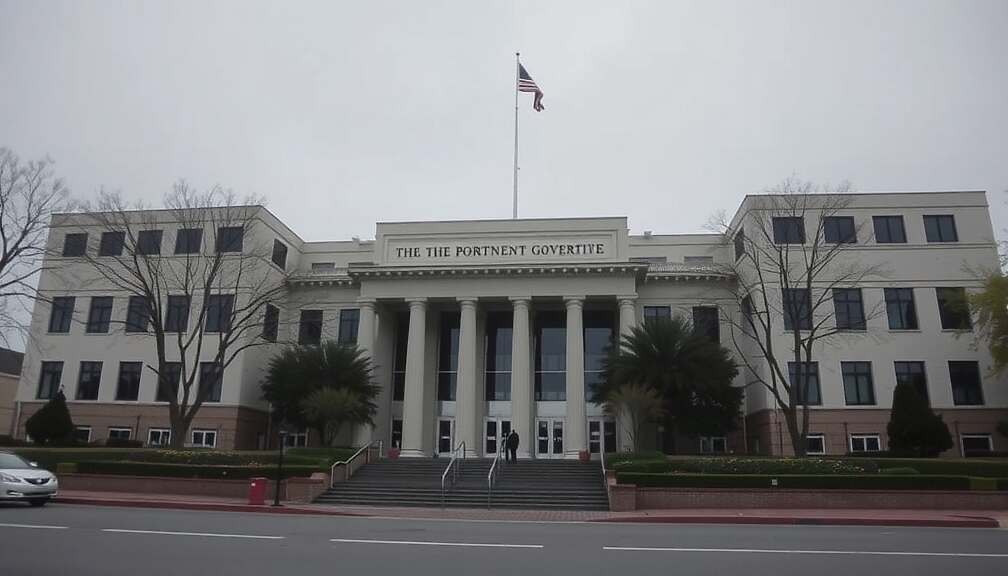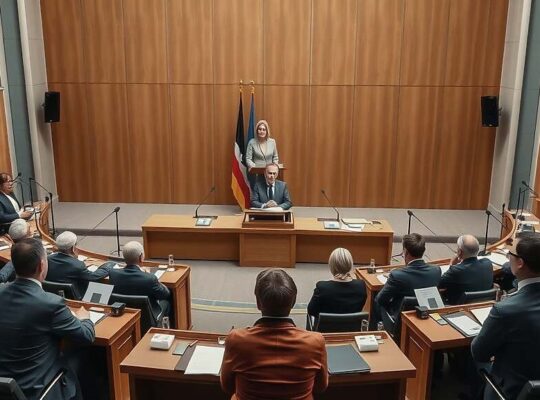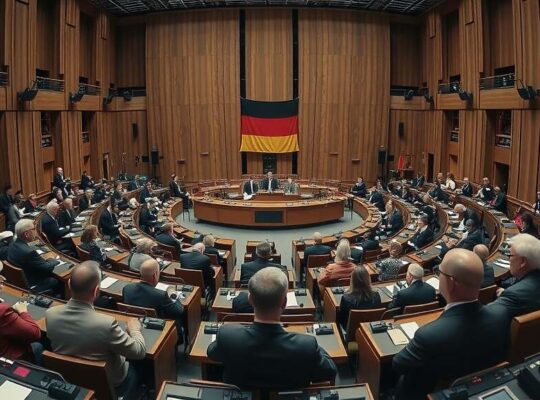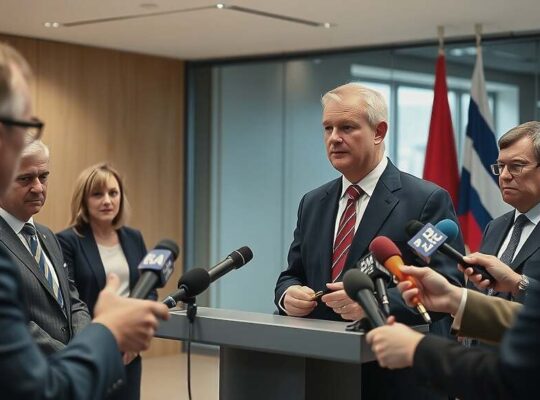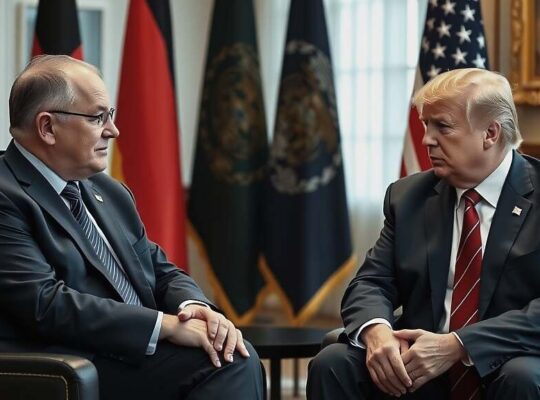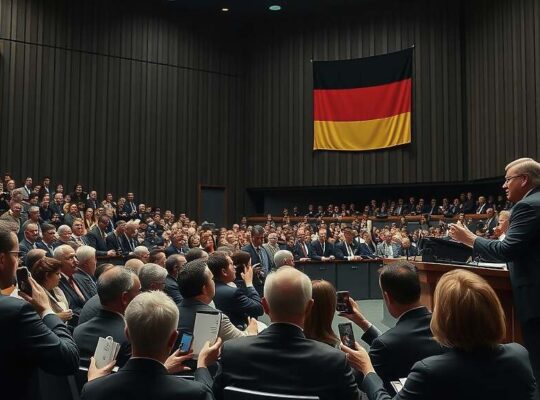The German government’s proposal to authorize counter-attacks against foreign cyberattacks has ignited a fierce debate concerning the fundamental legal framework and potential constitutional ramifications. Interior Minister Alexander Dobrindt’s (CSU) initiative, aimed at enabling German security agencies to proactively respond to and neutralize malicious cyber activity, faces significant hurdles and widespread skepticism.
Dobrindt’s plan envisions creating the legal underpinning for what he characterizes as strictly defensive “cyber countermeasures” intended to halt ongoing or imminent attacks. However, the assertion that such authorization can be implemented without requiring amendments to Germany’s Basic Law (Grundgesetz) is being challenged. Helge Limburg, Green Party legal policy spokesperson, acknowledged the undeniable threat of foreign cyberattacks while simultaneously emphasizing the complexity of establishing the necessary legal preconditions. He cautioned that law enforcement and defense initiatives traditionally remain under state jurisdiction, severely limiting the scope of federal intervention.
Limburg’s doubts echo concerns held across the political spectrum. Securing the necessary two-thirds majority in parliament for a constitutional amendment – a requirement for any foundational legal change – necessitates cross-party collaboration, a prospect that appears increasingly difficult given the depth of opposition.
While Dobrindt insists that existing legislative powers can be interpreted to accommodate “defensive” cyber responses, critics argue that such a maneuver would be legally precarious and politically divisive. The Bundesjustizministerium (Federal Ministry of Justice), under the leadership of SPD’s Stefanie Hubig, has committed to providing a constructive input into any potential legislative draft, highlighting the complexities of balancing national security with fundamental legal principles.
The Left Party’s legal policy spokesperson, Clara Bünger, voiced strong opposition, warning against the inherent risks associated with the potential disruption of foreign servers and infrastructure. Bünger specifically underscored the violation of state sovereignty and the possibility of substantial collateral damage that could impact critical services or civilian networks. The potential for escalating tensions and triggering retaliatory actions represents a serious concern for several political factions.
The current situation has spurred an intensive internal dialogue within the governing coalition, involving close coordination with state governments and parliamentary groups. The ultimate success of Dobrindt’s proposal hinges on building consensus and addressing the profound legal and geopolitical ramifications of expanding the government’s power in cyberspace.


